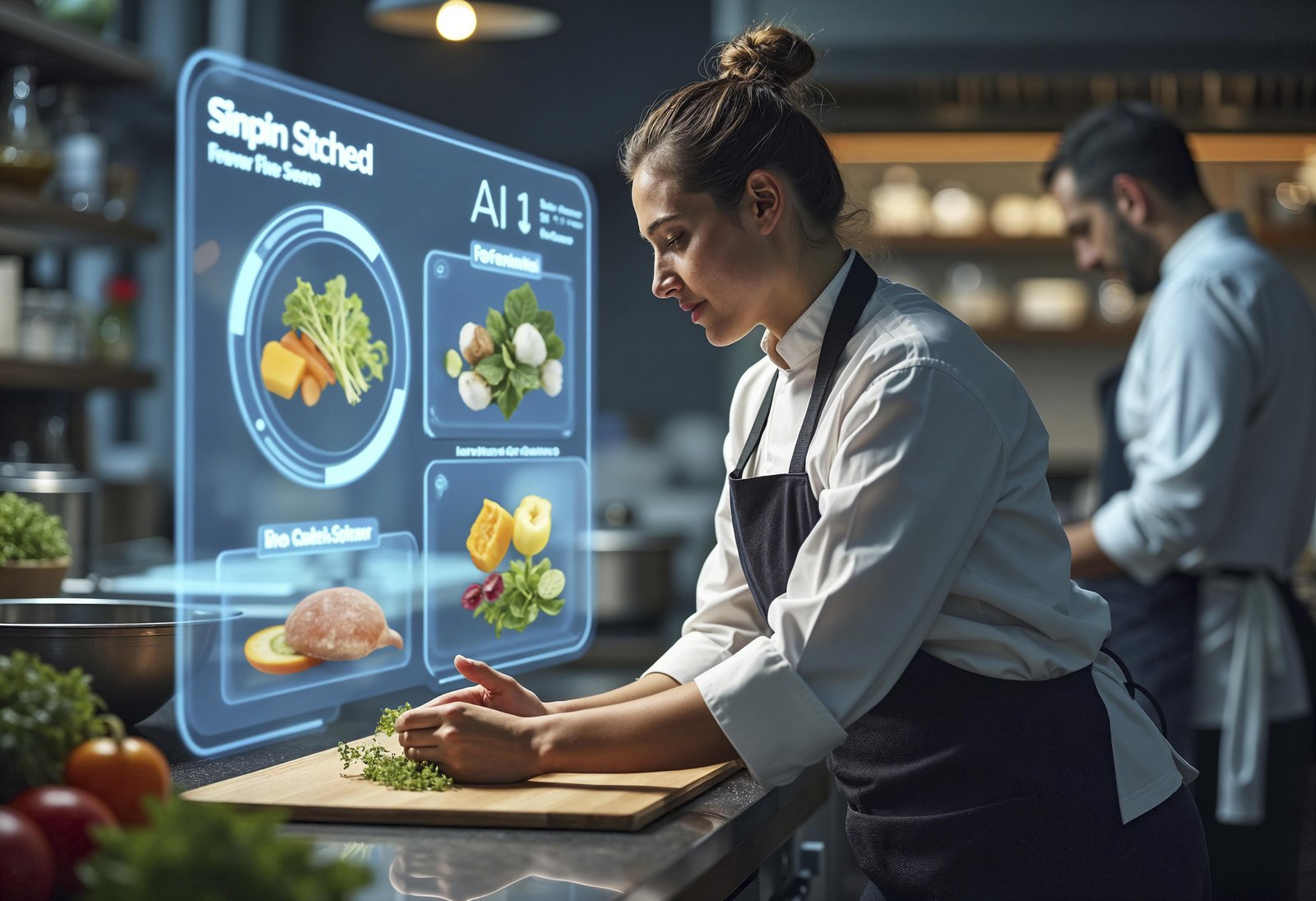No products in the cart.
Learn how AI tools enhance hotel services and streamline management.

The hospitality industry is undergoing a technological revolution with the integration of Artificial Intelligence (AI). In Laos, where tourism is a vital sector, AI is helping hotels offer personalized guest experiences, optimize operations, and increase efficiency. As hotels embrace 2025’s advanced AI tools, they gain a competitive edge in an increasingly digital marketplace.
This article explores how AI enhances hotel management and guest services, with practical applications transforming day-to-day operations.
AI-powered systems analyze guest preferences, previous stays, and feedback to offer personalized recommendations and services. Tools like predictive analytics enable hotels to:
Suggest tailored room upgrades, dining options, or local activities.
Automate personalized communication before, during, and after the stay.
Provide multi-language support using natural language processing chatbots.
Guests enjoy more relevant and responsive interactions, improving satisfaction and loyalty.
Dynamic pricing algorithms use AI to adjust room rates in real-time based on factors like demand, seasonality, and competitor pricing. This maximizes revenue while ensuring competitive offers.
AI-powered booking engines streamline the reservation process, reduce overbooking, and ensure seamless integration across online travel agencies (OTAs), direct websites, and on-site front desks.
AI helps optimize staff scheduling by forecasting occupancy rates and peak service times. This ensures adequate staffing levels, reduces labor costs, and improves service quality.
Routine tasks such as housekeeping assignments and maintenance requests are automated and prioritized through AI-driven systems, increasing operational efficiency.
Chatbots powered by AI provide instant responses to common guest queries, 24/7. They can handle requests for room service, reservation changes, local recommendations, and more.
For complex inquiries, chatbots escalate to human staff seamlessly, allowing personalized attention without overloading the front desk.
AI-enabled smart building systems monitor energy usage, optimize heating, ventilation, and air conditioning (HVAC), and predict equipment failures before they happen. Smart sensors adjust lighting and climate settings based on occupancy to reduce costs and environmental impact.
Predictive maintenance powered by AI minimizes downtime and costly repairs by addressing issues proactively.
Hotels use AI analytics to market to target demographics effectively, monitor guest reviews, and predict market trends. AI tools optimize digital advertising campaigns and loyalty programs, driving increased bookings and repeat visits.
Improved guest satisfaction and personalized experiences
Cost savings through efficient resource management
Enhanced operational accuracy and speed
Competitive pricing strategies
Data-driven decision-making
As Laos positions itself as a leading tourism destination in ASEAN, the adoption of AI in hotels is expected to accelerate. Upcoming trends include AI-powered voice assistants in rooms, virtual concierge services, and deeper integration of smart technologies throughout hotel properties.
Hotels integrating AI today lay the foundation for sustainable growth and global competitiveness.
CITS Laos supports hospitality businesses in embracing AI and digital transformation with expert insights and tailored solutions. Visit cits.lato explore how your hotel can benefit from smarter management technologies.